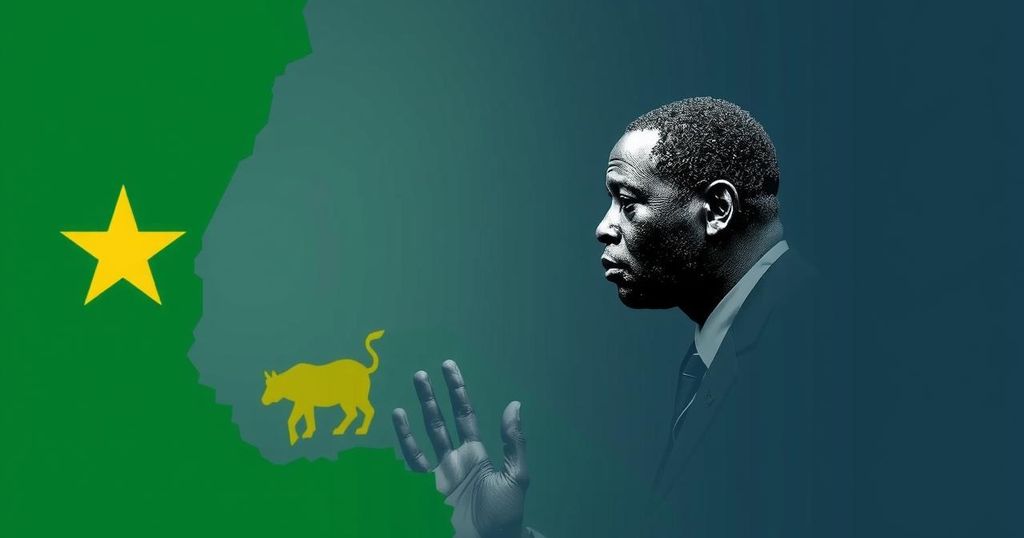Sudan Conflict and Political Instability in South Sudan Stalling Progress on Abyei Status
A senior UN official reported to the Security Council that the conflict in Sudan and political instability in South Sudan are obstructing discussions on Abyei’s status and related border issues. The impact on humanitarian conditions and local security in the Abyei region is dire, necessitating increased support for the UN Interim Security Force for Abyei (UNISFA) to address the escalating challenges faced by communities.
On Wednesday, a senior United Nations official informed the Security Council that ongoing conflict in Sudan and political instability in South Sudan have impeded critical discussions on the final status of Abyei and associated border issues. Martha Ama Akyaa Pobee, the Assistant Secretary-General for Africa, highlighted the adverse effects of the Sudan conflict on security, economic stability, and humanitarian conditions in both nations, specifically within the Abyei area. She reported that the continuous warfare in Sudan is exacerbating humanitarian challenges, leading to a significant influx of refugees into South Sudan, who, along with local citizens, are facing severe hardships due to insufficient access to essential resources such as clean water, food, and healthcare. The influx has also heightened tensions among the local communities, particularly between the Twic Mayardit and Ngok Dinka groups. Furthermore, the proliferation of arms and intrusions by armed forces, notably the Rapid Support Forces from Sudan, pose considerable threats to the already fragile security situation, resulting in incidents of looting and increased crime in the Abyei region. Climate change effects, such as floodings, have displaced thousands, further straining the region’s limited resources. The Assistant Secretary-General emphasized that without resolving the conflict in Sudan, the objectives set out in the 2012 resolution 2046 remain unachievable. Although UNISFA continues to work towards fostering a stable environment in Abyei and preparing for potential dialogue, the lack of progress on key political mechanisms that have been stagnant for years underscores the urgency of international support and intervention. In light of these challenges, UNISFA is faced with the essential task of supporting local stability and promoting reconciliation, all while advocating for the withdrawal of unauthorized South Sudanese forces in Abyei, which have been limiting UNISFA’s operations. The current situation underscores the dire need for comprehensive humanitarian and administrative responses to ease the suffering of the populations affected by the ongoing conflicts.
The article addresses the complex situation regarding the relationship between Sudan and South Sudan, particularly focusing on the ongoing strife in Sudan and its implications on the political climate in South Sudan and the Abyei region. Abyei has historically been a point of contention between the two countries, and the war in Sudan has exacerbated the humanitarian and security challenges faced in this border region, affecting both local communities and humanitarian efforts.
In conclusion, the ongoing conflict in Sudan and the political instability in South Sudan significantly hinder efforts to resolve critical issues pertaining to Abyei’s status and border disputes. The situation remains precarious due to armed incursions, humanitarian crises, and environmental challenges. The need for international support for UNISFA is paramount for facilitating dialogue and establishing a sustainable peace in the region, underscoring the interconnected nature of these challenges in the Horn of Africa.
Original Source: www.radiotamazuj.org




Post Comment